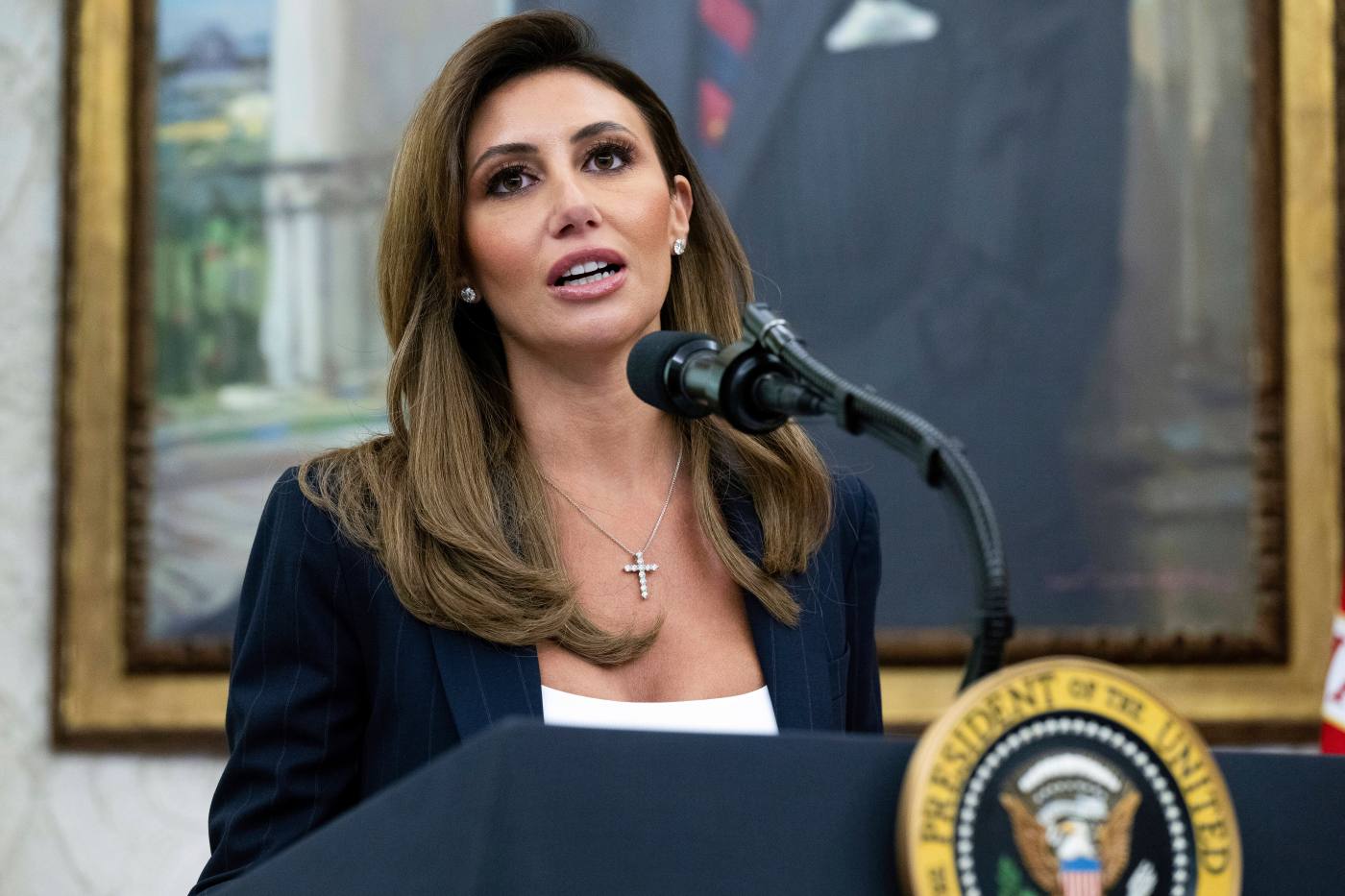A federal judge has ruled that Alina Habba, a former attorney for Donald Trump, unlawfully occupied the position of U.S. Attorney for New Jersey for more than six weeks. The ruling highlights the controversial appointment process that bypassed standard procedures, raising concerns about the integrity of judicial appointments under the Trump administration.
The case began when a panel of federal judges rejected Habba’s permanent appointment, citing insufficient qualifications. Despite this, Trump and Pam Bondi, a former Florida Attorney General, attempted to maintain her position by reappointing her without Senate confirmation. The judge’s decision reflects a broader pattern of perceived disregard for established legal processes in favor of loyalty over merit.
In her short tenure, Habba was noted for initiating an indictment against a Democratic congresswoman, which critics described as politically motivated. The ruling has drawn attention to the chaos within the U.S. Attorney’s office, where plea hearings and grand jury proceedings have been disrupted due to uncertainty over leadership. As a result, the administration’s reliance on a loyalist rather than a qualified candidate has raised serious questions about public safety in New Jersey.
This ruling also serves as a cautionary tale for John A. Sarcone III, who is currently acting as U.S. Attorney for the Northern District of New York. He, too, faces scrutiny after a similar panel rejected his appointment, yet the administration employed procedural tactics to extend his tenure. If Habba’s appointment was deemed unlawful, it suggests Sarcone’s position may be similarly challenged.
In New York City, turmoil has continued to unfold as Trump’s actions have led to the resignation of several prosecutors, including former interim U.S. Attorney Danielle Sassoon. Reports indicate that the Justice Department instructed these officials to drop charges against Mayor Adams in a controversial arrangement alleged to be a quid pro quo for the mayor’s support on immigration issues.
In contrast to the uncertainty around Habba and Sarcone, the appointment of Jay Clayton as interim U.S. Attorney in Manhattan received judicial approval. This has raised the question of whether Trump’s selections would fare better if they were based on qualifications rather than loyalty. The president’s reluctance to seek Senate confirmation for his nominees further complicates the legitimacy of these appointments.
As the legal landscape continues to shift, the ruling against Habba underscores the need for adherence to constitutional processes in judicial appointments. The implications of this decision extend beyond New Jersey, potentially affecting similar appointments elsewhere in the country.
